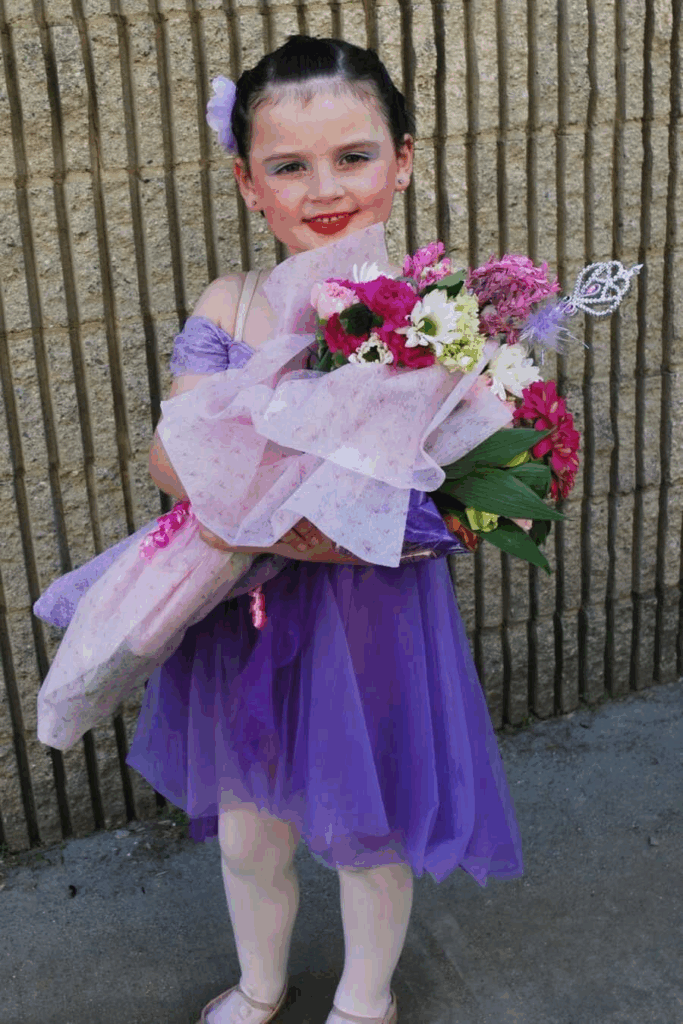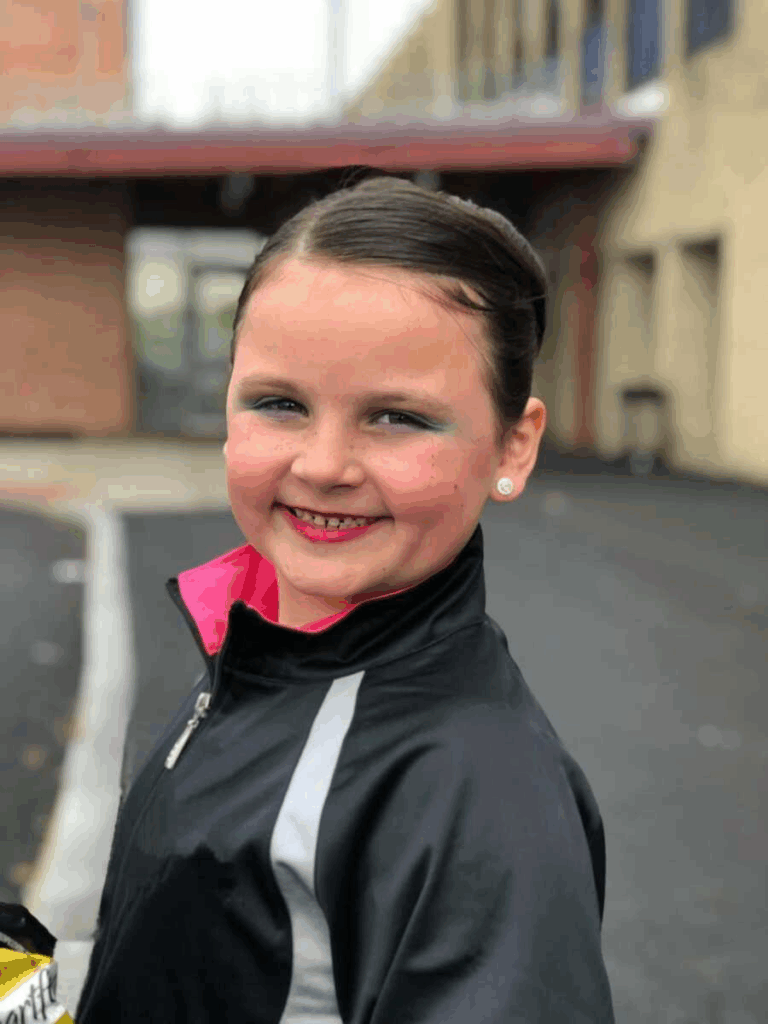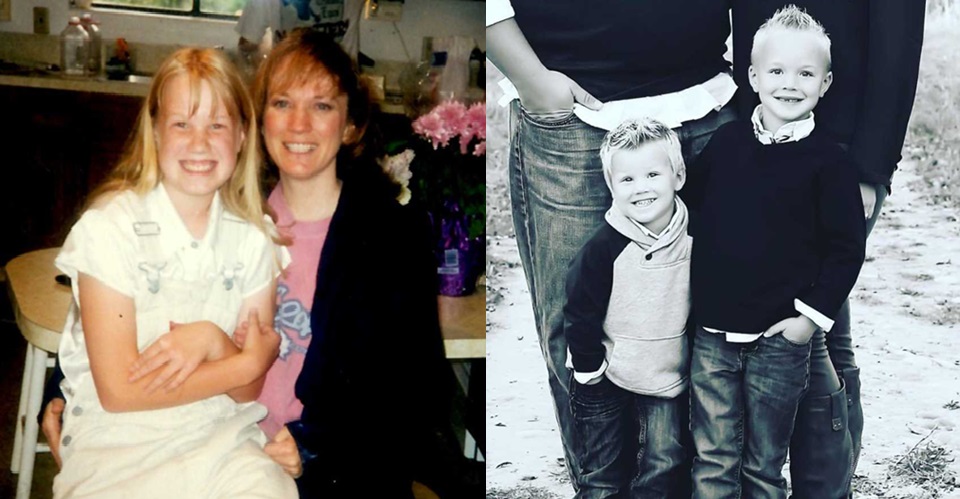Ten years ago, just days after turning two, my daughter walked into her first dance class. I remember it so clearly how her eyes lit up the moment the music started. Something inside her came alive. From that day on, dance became a part of her. Every year, she added more classes, more hours. Soon, her after-school hours were spent almost entirely at the studio. She made friends who shared her love for it, and little by little, dance started to shape her world.

When she was seven, she attended a dance convention and won a scholarship. It meant she got to perform a solo at a future competition. She learned that solo in just a few weeks and stepped onto that stage like she’d been doing solos forever. That experience changed something in her. It wasn’t just a hobby anymore, she wanted more. More rehearsals, more stage time, more everything. Her passion had deepened.

I encouraged her to try other things soccer, musical theater, even basketball. And while she gave them a try, her heart always came back to dance. When she was nine, she told me she wanted to fully commit and join a more serious dance team. So we made a big change and switched studios.
At her old studio, she had been one of the top dancers. At the new one, she was just average at best. But she didn’t let that get in her way. She worked harder than ever, made new friends, and dove in completely. It wasn’t easy, but she didn’t flinch. Looking back, I’m still amazed at how she handled that transition.
Everything was going the way she hoped until it wasn’t.
This year, she started middle school. And like it does for many kids, middle school brought change. She became more aware of herself, of others, and of expectations. Her body started to change, and she began comparing herself to other dancers. She didn’t feel like she had the “right” feet or the long lines she saw in others. She began to question if she really belonged.
It didn’t stop there. She started getting headaches migraines, actually usually around dance class or before competitions. One was so bad, we ended up in the ER. It didn’t take much to connect the dots: dance was no longer bringing her joy. It was bringing stress. And when I asked her what was wrong, all she could say was, “It doesn’t feel good to dance anymore.”
Still, I didn’t consider letting her quit. I was raised to finish what you start. I told myself this was a tough season, that it would pass. We talked to her teachers, but the focus was still on finishing the year. I thought I was teaching her about commitment. But I was missing what was right in front of me.
She became quieter. Car rides to class were silent. Most nights, she’d leave the studio looking just as down as when she arrived. Sometimes there were tears. Other times, she seemed completely numb. But I kept pushing. I thought we just needed to get through recital.
Then, three weeks before the show, she looked at me and said she couldn’t do it anymore. She felt like she was letting everyone down her teachers, her team, herself. And in that moment, it hit me. I had let my own expectations cloud what she needed. I was trying to wrap up this chapter with a bow when she had been quietly struggling for months.

So we made the call. She walked away. It was hard. It was emotional. But it was the right thing.
Looking back, I realize how easy it is to overlook emotional pain especially when it’s not loud. But what I’ve learned is this: our kids’ mental health matters more than any performance, any trophy, any season.
She chose peace. She chose herself. And I’m proud of her for that.
I’ll never stop learning how to be the mom she needs. And I’ll never again ignore the quiet signs that something isn’t right.
Mental health matters and so does truly listening to our children.











